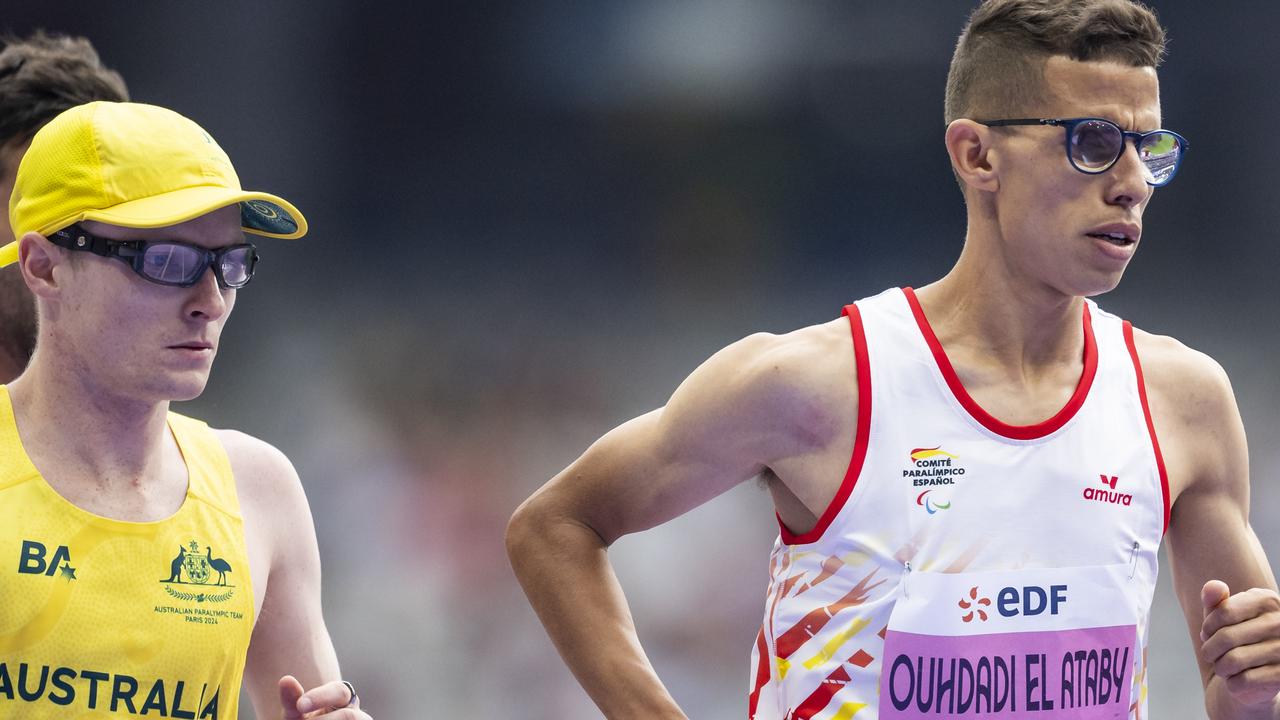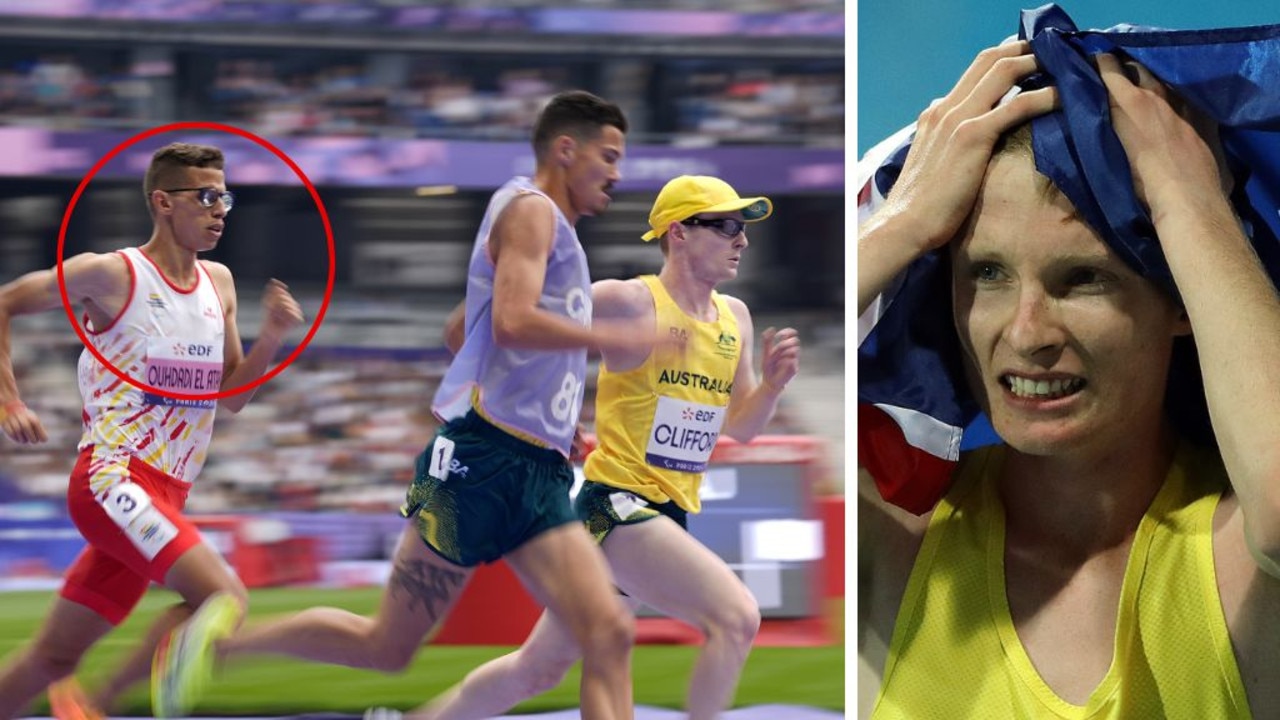Aussie Paralympians on high alert after warning they face extra risks in Tokyo
Paralympians are already on notice that they face increased threats of serious illness from the coronavirus if they have existing medical conditions, but Australian athletes have been given extra, sobering warnings.
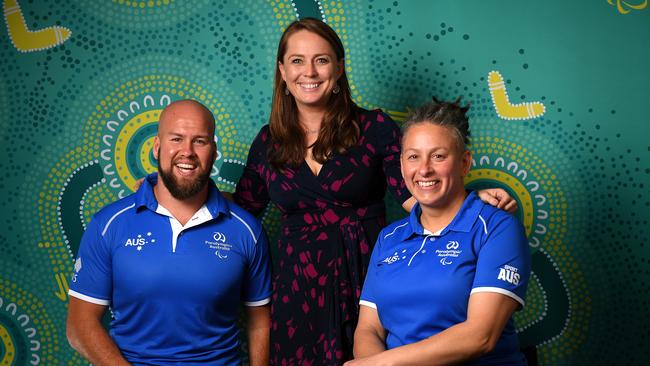
Paralympics
Don't miss out on the headlines from Paralympics. Followed categories will be added to My News.
Australia’s Paralympians have been warned the health risks they could face in Tokyo this year could far exceed the dangers the Olympic team experiences.
Paralympians around the world have already been put on notice they face increased threats of serious illness from the coronavirus if they have some existing medical conditions, but Australian athletes have been given more sobering advice.
Team officials and medical experts have cautioned team members the risk of infection at the Paralympics (Aug. 24-Sept. 5) could be much higher than at the Olympics (July 23-Aug 8) simply because of the timing of the events.
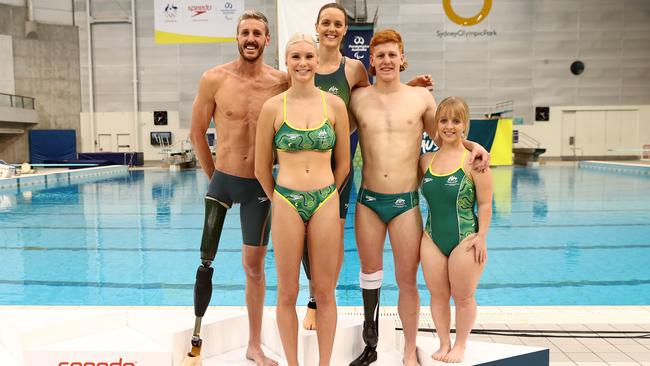
“One of the issues for us as a Paralympic team is that we are going into Tokyo four weeks after 79,000 people arrive for the Olympics, coming from all over the world,” Paralympics Australia chief medical officer Dr Rachel Harris said.
“If there is a COVID outbreak, it will have had two reproduction cycles once we get there so we really consider that the time frame that our Paralympic athletes and team members are getting there is going to be much more risky than if we were the first people to arrive.”
The hazardous timing of the Games is just one of many serious potential risks that anxious Australian team officials have identified.
They also have major concerns about the dining hall in the athletes’ village, the protocols in place for anyone who gets infected and the quarantine arrangements for Australian athletes when they return home, including 77 wheelchair athletes.
Senior team officials said Australian athletes have been told they’ll be banned from using the dining hall in Tokyo with plans already in place to ship over 13 pallets of food for the team while they’re in Japan.
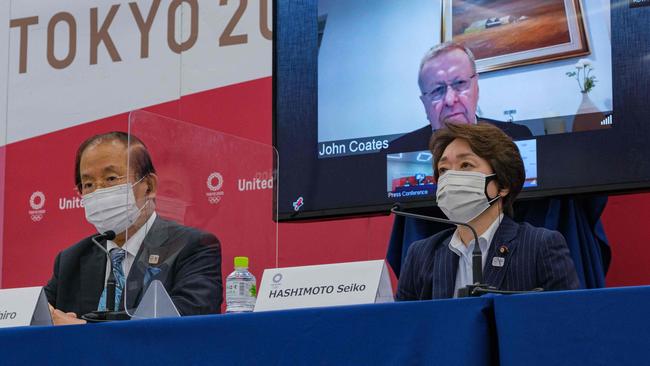
Aussie athletes have also been notified that once they finish their events, they will be separated from other athletes still involved in competition to minimise any chance of infection, and that’s just the start of it.
The Australian team’s chef de mission Kate McLoughlin said the fluid nature of the pandemic meant that a lot of protocols were still not finalised but officials were adamant that athletes needed to be kept informed, even if the messages were sometimes blunt.
“It‘s really important we don’t sugar-coat it because at the end of the day, we need to give them all of the information so that they can make an informed decision on their participation at these Games,” McLoughlin said.
“We are not going to bury our heads in the sand and think that these Games aren‘t going to have risks.
“There will be COVID in the village, we can‘t walk away from that and we need to make sure the athletes are aware.
“That means making some difficult decisions, like not using the dining hall, but ultimately they‘re all elite athletes.
“They‘re not going over for fun, they’re going over there to compete and we want every single member of that team to make it to the start line and be able to try and reach their goals and there’s going to be some tough decisions in order for that to happen.”
A powerhouse in Paralympic sports, Australia finished fifth on the medals table at Rio in 2016 and is expected to be among the top nations in Tokyo.
Officials expect to send a team of around 186 athletes, competing in 19 sports, as well over 170 staff to Tokyo, including eight doctors, a nurse and individual athlete carers.
Dr Harris said the candid warnings about the potential health risks were not intended to frighten athletes away from competing but to keep them up to date with the latest planning.
“We‘re essentially telling our athletes and also our team members that we really do need to be on high alert for the risks associated with COVID-19,” she said.
“Many of our athletes and even some of our staff members do have medical conditions or parts of their impairment that might make them more susceptible to severe outcomes from COVID and it‘s all about them trying to understand that.”
It is understood some staff members have already withdrawn from the Games but no athletes have pulled out.
“A lot of them are just excited to be able to get to the point where they can have international competition again,” McLoughlin said.
“They‘ve been working for this for longer than the last five years, this has been a lifetime for a lot of them and for many of them it might be their one opportunity to become a Paralympian.
“They keep putting the hard yards in, they train incredibly hard, they‘ve kept going when the odds were stacked against them and we owe it to them to try and make sure that this can happen in the safest way possible.”




